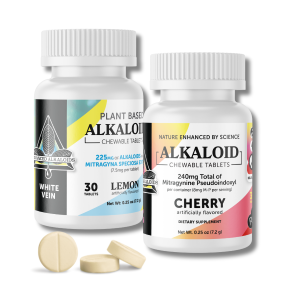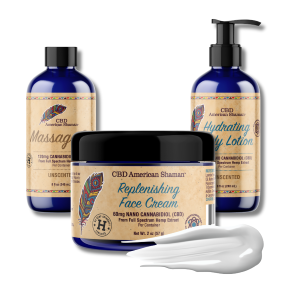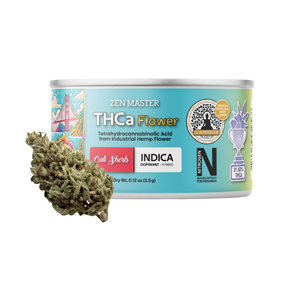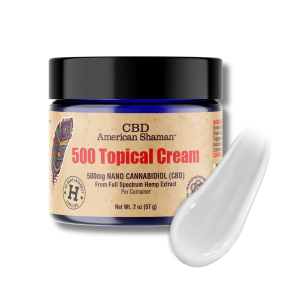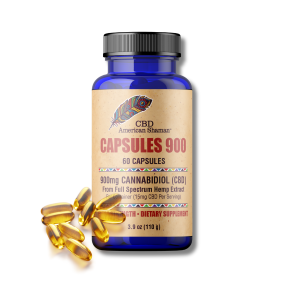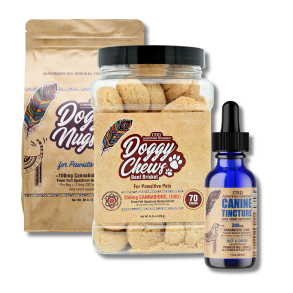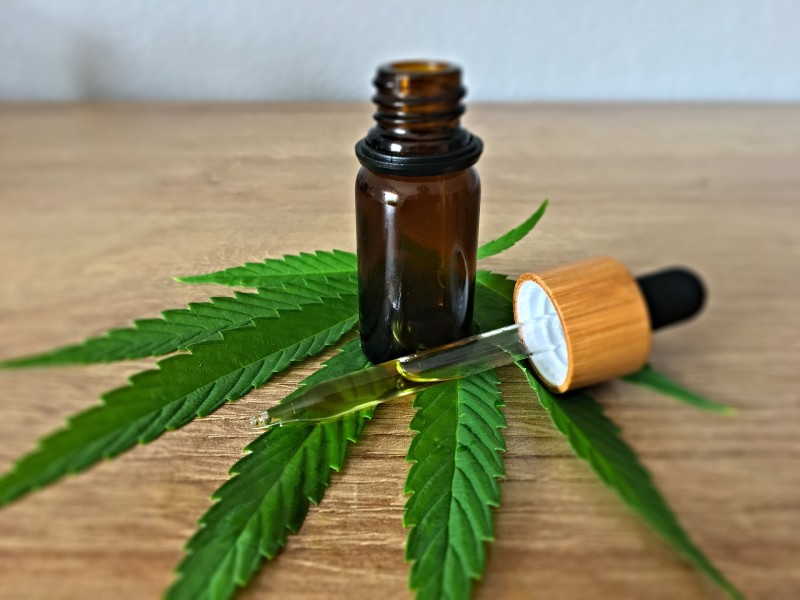Since CBD is made from cannabis, there is often controversy and confusion around its legal landscape and acceptance in the United States. The controversy typically stems from the fact that some cannabis plants, like marijuana, contain THC, the compound that causes psychoactive “high” effects. CBD legality is not always clear and simple to understand due to the different regulations put into place by federal laws, the USDA, the FDA, state legislation, and local regulations. Read more to understand the legal implications of CBD oil in the United States.
Is CBD Legal on a Federal Level?
On the federal level in the United States, hemp-derived CBD oil was legalized in December 2018 in the Agriculture Improvement Act of 2018, also known as the 2018 Farm Bill. This Bill decriminalized hemp, which made hemp a commodity in the United States. The Bill also legalized all hemp-derived products containing 0.3 percent THC or less, which included hemp-derived CBD oil.
Before hemp was legalized, it was considered a Schedule I drug on the controlled substance list, which was regulated by the Drug Enforcement Administration. After hemp was decriminalized, the United States Department of Agriculture established a program to regulate the growth and agricultural aspects of industrial hemp. The Bill further explains that all hemp crops grown in the U.S. must abide by USDA regulations to be considered a legal hemp crop. The Food and Drug Administration took over regulating hemp after it is harvested and processed for distribution, during which CBD products would be processed and regulated by the FDA.
Hemp-derived CBD is legal on a federal level as long as it follows USDA and FDA regulations and contains no more than 0.3 percent THC. Some might mistake “federally legal” with “legal in all states” when it comes to CBD, but there is more to it than just federal regulations.
Is CBD Legal in All 50 States?
Technically hemp-derived CBD oil is legal in all 50 states, but unfortunately it isn’t that simple. Before the Farm Bill was passed, some states had already legalized CBD oil. When hemp was decriminalized in the 2018 Farm Bill, the Bill gave states the option to further regulate hemp and hemp products. Many states adopted the regulations made in the Farm Bill while other states made stricter or looser regulations around CBD.
The regulations on CBD oil vary by state, and these regulations have changed substantially after the Farm Bill was first put into place. There are some states where CBD is legal only if it contains zero traces of THC, like in Idaho and Louisiana. Other states made CBD legal, except in combination with foods and drinks like Alaska, Washington, California and more. In New Mexico, New Jersey, North Dakota and more have completely legalized CBD. In states where marijuana is legal recreationally or medicinally, marijuana-derived CBD is also legal. These are just some of the state regulations that have been put into place for now, but these laws may change as time goes on.
Some counties have further regulated CBD by prohibiting CBD use in foods or drinks at restaurants, coffee shops, and more. Currently, the regulations on the production of CBD are limited, which means that not all CBD products are the same. Even if a CBD product is available for purchase in a store or online, the product may not follow all state or federal laws. Since regulations vary by state, it is important to understand what laws your state has before purchasing CBD oil. Checking the label or online store to see if the product is tested for quality and potency purposes will help you determine which CBD oils are safe to purchase.
What are the FDA regulations on CBD?
The Food and Drug Administration, also known as the FDA, is now in charge of regulating hemp-derived products, including CBD oil. All forms of CBD products must abide by FDA regulations or else companies may risk legal action. Currently, the FDA considers CBD added to food items as illegal without first being tested and approved by the FDA. It is also illegal to label and sell CBD products with unproven and false medical claims. Thus far, there are only a few regulations the FDA has established for CBD products.
Currently, the FDA has only approved one CBD product used in prescription medication. Once an active ingredient is approved by the FDA for drug use, the FDA doesn’t usually approve the ingredient to be used in over-the-counter products or other products. However, if the FDA were to ban CBD in non-prescription forms, it may lead to an illegal CBD market, which can be risky and dangerous for users.
The FDA continues to observe clinical studies to determine the safety of CBD products. These studies will further help the FDA regulate CBD products while also making changes as they see fit to the regulations surrounding CBD oil. Further federal regulations are said to be drafted by the FDA in 2020.
What You Need to Know About CBD
Hemp-derived CBD oil is legal in all states; however, some states have made CBD conditionally-legal with further regulations than the federal CBD regulations. It is important to check your state’s current CBD regulations to determine what kinds of CBD oils are legal in your state. The FDA regulates CBD and will continue to make changes to these regulations. The legal landscape and FDA regulations around hemp and cannabis are changing frequently, so make sure you are purchasing legal CBD to ensure you are following state regulations and using trustworthy products.
At CBD American Shaman, we test our products to ensure they meet federal and state regulatory requirements, including FDA regulations. We start by using responsibly sourced hemp that meet product quality and safety standards established by the U.S. Hemp Authority. We use precision in our techniques and use high-quality ingredients to make products that exceed quality standards. All of our CBD products are tested internally and by a third party to ensure they meet purity and potency standards. All of our products contain no more than 0.3 percent THC to adhere to federal regulations. We also offer THC free CBD products for those in states with THC restrictions. Find the CBD product that is right for you.
The content on this site is not intended to be a substitute for professional medical advice, diagnosis or treatment. While research has shown that CBD has the potential to help provide beneficial outcomes for several complaints, it is advisable to seek the advice of a physician or other qualified healthcare provider when you have questions regarding any medical condition and when starting, augmenting or discontinuing any existing health routine.







